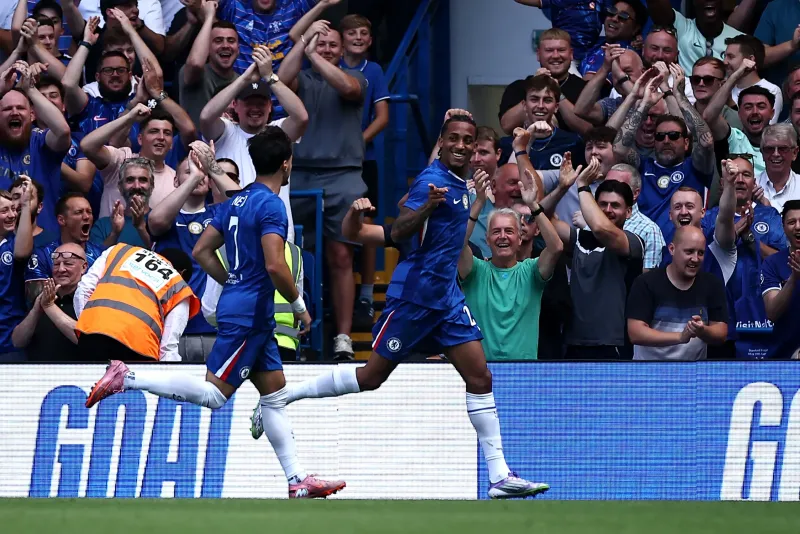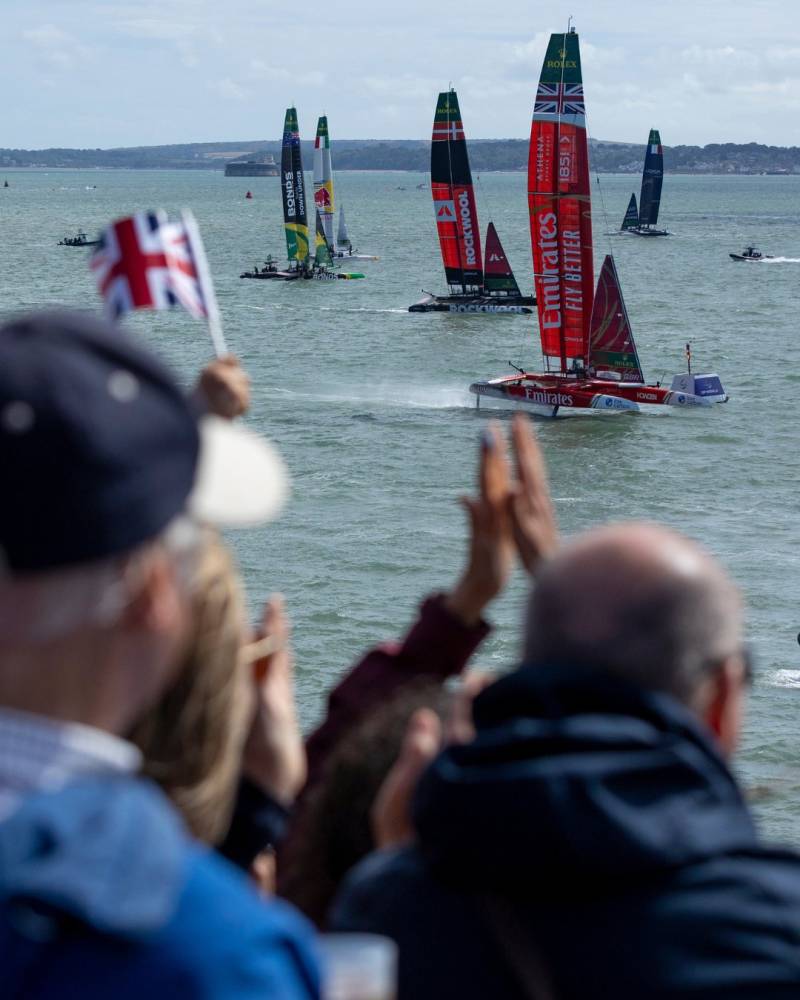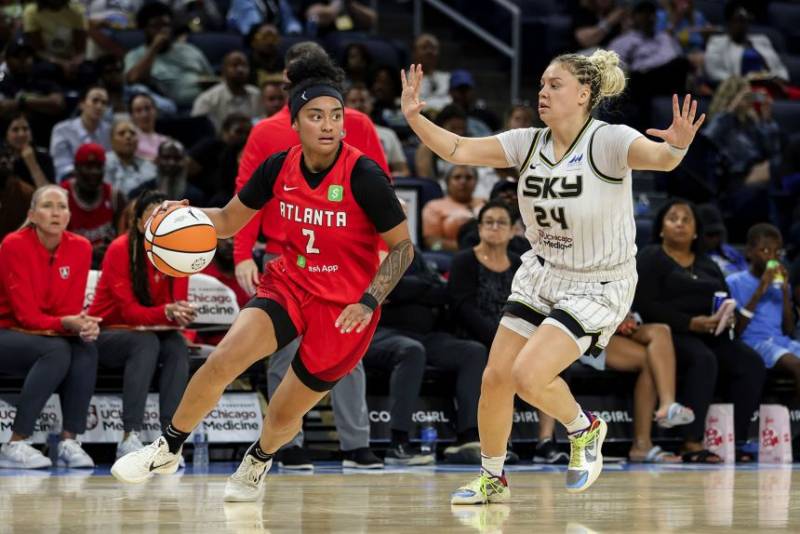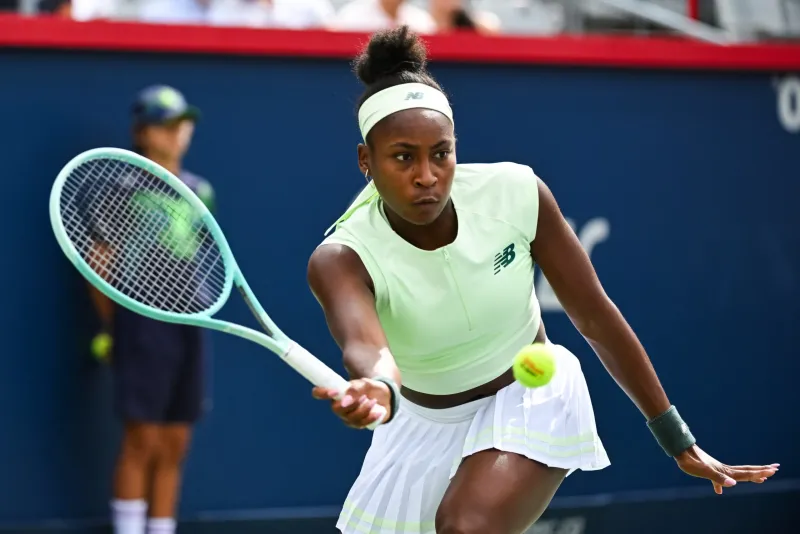There are matches, and then there are encounters — moments where something more than just sport is on the line. When Zhou Qihao faced off against Quadri Aruna in the Men’s Singles Round of 64 at USSMASH 2025, it was not just about who advanced. It was a reflection of two worlds colliding: the meticulously engineered precision of Chinese table tennis and the raw, unfiltered power and belief of an African giant who refuses to be counted out.
Zhou Qihao doesn’t often speak in soundbites. He lets the paddle do the talking. Calm, calculated, and surgically precise, his style is the embodiment of China’s deep-rooted system — one that for decades has produced champions like an assembly line. But beneath his stoicism lies a brutal honesty. His shots don’t scream; they slice. His footwork doesn’t dazzle; it dismantles. And yet, for all his technical genius, Zhou’s presence in the global spotlight has often been that of the “quiet one” — overshadowed by flashier compatriots.

Related article - Uphorial Podcast
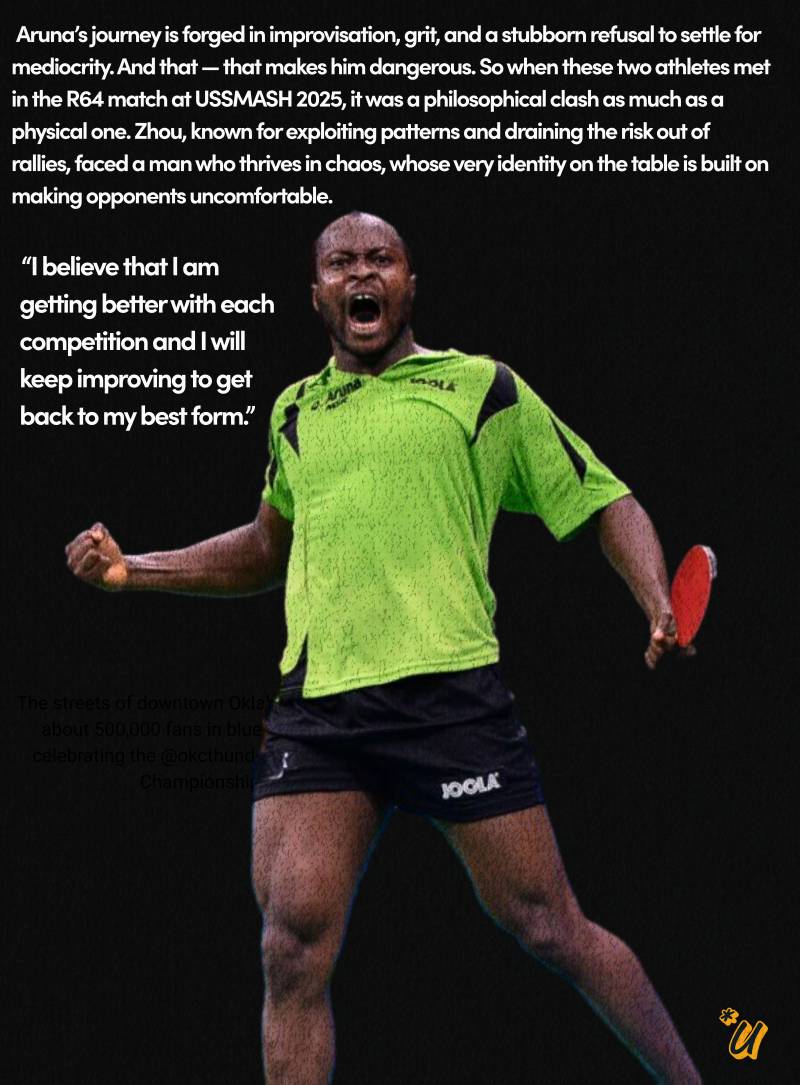
Zhou Qihao vs Quadri Aruna
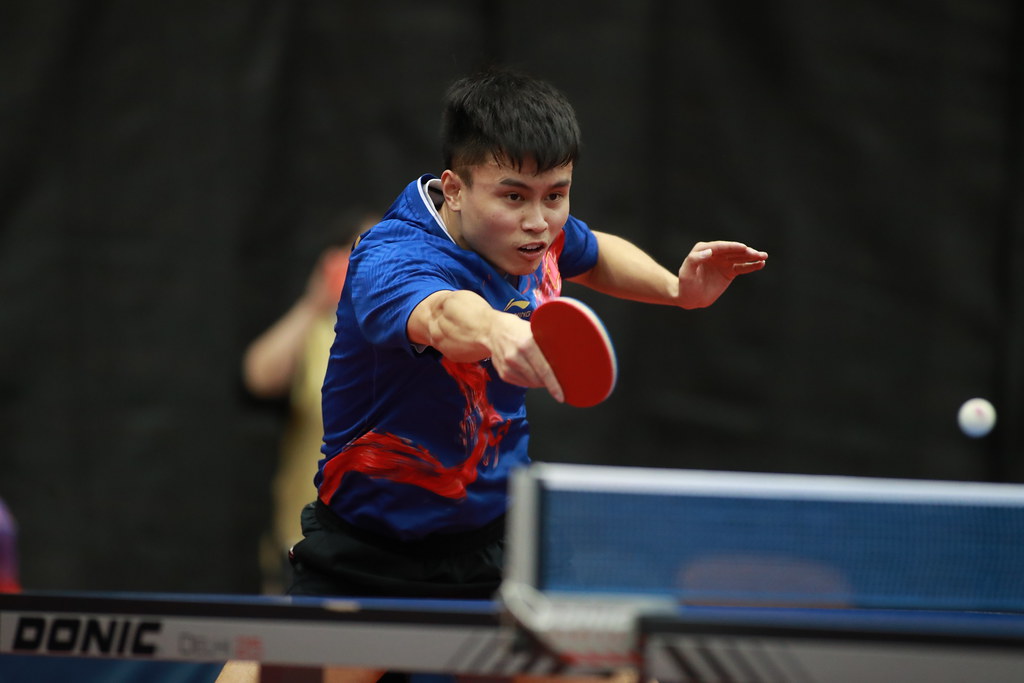
To watch Aruna play is to witness emotional warfare. His forehand is a hammer wrapped in fire, his roar after a winning point is the cry of a continent still elbowing for recognition at the highest table of the sport. Aruna’s rise has been anything but linear. Nigeria and Africa at large have never had the systemic infrastructure that China commands. Aruna’s journey is forged in improvisation, grit, and a stubborn refusal to settle for mediocrity. And that — that makes him dangerous. So when these two athletes met in the R64 match at USSMASH 2025, it was a philosophical clash as much as a physical one. Zhou, known for exploiting patterns and draining the risk out of rallies, faced a man who thrives in chaos, whose very identity on the table is built on making opponents uncomfortable. The early rallies were tense. Not merely tactical, but psychological. Zhou’s placement was immaculate, angling the ball just wide enough to avoid Aruna’s hammering forehand. But Aruna was not here to be outmaneuvered.
Midway through the match, something shifted. Aruna began to play not just with force, but with feel. He held back on the third-ball attack, varied his spin, and introduced a rhythm Zhou hadn’t prepared for. The hall, filled with murmurs and foot-tapping anticipation, started leaning into every exchange. And just like that, it stopped being about world rankings or expected outcomes. It became a fight for presence, for dominance in a space too often dominated by the expected.
Yet Zhou, ever the tactician, adjusted. His paddle became an instrument of adaptation. Where others panic, he rewrote his blueprint mid-match, pushing Aruna deeper into the backhand corner, absorbing pace and returning it with venomous precision. The final set was less a rally and more a revelation: two players, stripped of tactics and fueled by instinct, trading blows like poets in a street brawl. Zhou would eventually emerge victorious. But it wasn’t a win that left Aruna diminished. Quite the opposite. It affirmed what many have long known: that Aruna’s power is not just in his forehand, but in his story. The fact that he can walk into arenas built for others and force them to respect his game, his name, and his legacy. The match between Zhou Qihao and Quadri Aruna at USSMASH 2025 was not a final. It may not make the highlight reel of the year. But for those who watched it — really watched it — it was a reminder of why this sport matters of how the table is more than a battleground for points. It's where cultures, dreams, histories, and futures meet. And sometimes, just sometimes, it becomes the purest form of storytelling we have.
World Table Tennis
